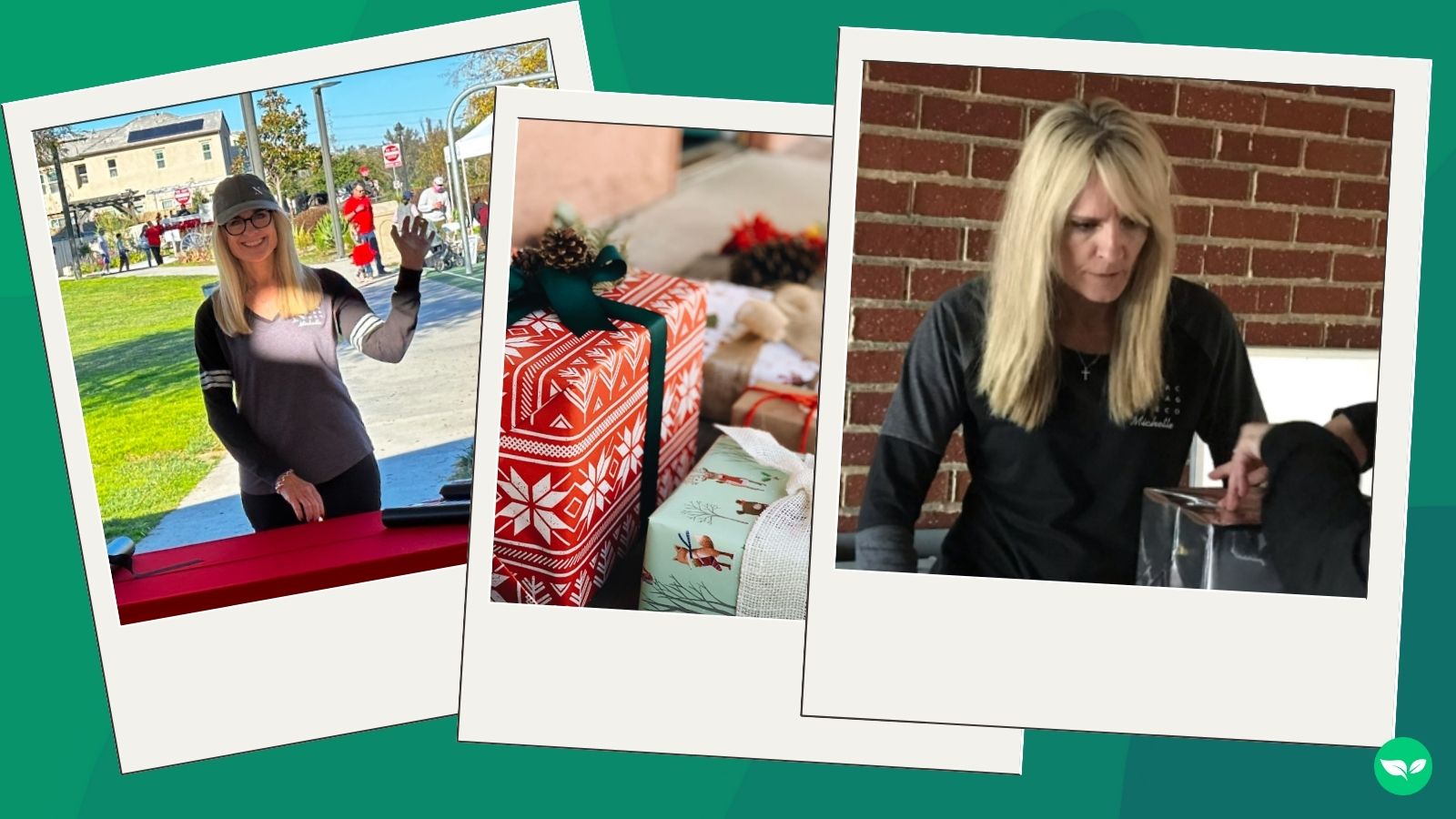Finding the right side hustle can
make all the difference.
Side Hustles

Everyone can benefit from making more money. Whether you’re paying off student loans, building your emergency savings fund, or saving for a down payment on a house, increasing your income can help you reach your goal faster. More people are becoming savvy to this fact every year. In a recent DollarSprout survey, 57% of respondents...
Money Making Apps

Do you need some extra cash but don’t have time or the ability to get a part-time job? If this rings true for you, consider using one of many money-making apps to add extra cushion to your wallet. There are tons of money-making apps out there that allow you to work online — more than...
Online Business

If there is one good thing that our most recent pandemic side hustle study showed, it’s that it accelerated the mass adoption of remote work all over the world (for many industries). As someone whose been running an online business from home since well before the pandemic, I can tell you that the number of...
Earn Smarter.
You’ve started earning — now take the next step toward real income growth.
Smart Money

Many people think that if you earn less than $600 from a side hustle, you don’t owe taxes. Unfortunately, that’s not the case. That $600 threshold only determines whether a client or platform sends you a 1099 form — it doesn’t determine whether you owe taxes. The truth is that self-employment (SE) tax — the...
Success Stories

In the wake of losing her husband to cancer, Michelle Hensley found herself at a crossroads, grappling with how to support herself and her family. With no prior business experience and having been out of the workforce for over a decade, the odds were stacked against her. Yet, driven by necessity and a spark of...



